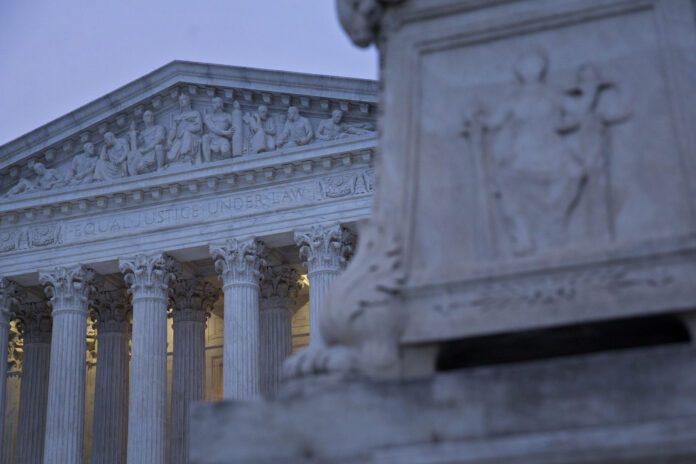
In a legal saga that has kept the biotech sector on the edge of its seat, the U.S. Supreme Court delivered a stunning blow to Dartmouth College’s bid to resurrect a contested vitamin B3 patent. This landmark decision, with far-reaching implications, centered on the eligibility of a vitamin patent at the heart of a contentious dispute with dietary supplement manufacturer Elysium Health.
Dartmouth Denied Supreme Court Review
On Monday, the highest court in the land decisively rejected a petition from Dartmouth College and licensee ChromaDex Inc., both stakeholders in the creation of dietary supplements. This petition was an attempt to overturn a circuit court’s affirmation of a district court’s 2021 ruling, which invalidated Dartmouth’s vitamin B3 patent, known as U.S. Patent No. 8,197,807, in the ongoing legal battle against Elysium Health.
The Supreme Court, without providing specific reasons for their decision, struck down Dartmouth’s case in a move that shocked many legal experts and industry insiders.
Milk Vitamin Patent Eligibility Case : Alice Test vs. One-Step Test
Central to Dartmouth’s petition was their argument that the Federal Circuit had erred in its application of the Alice test, a two-step evaluation process to determine patent eligibility. Dartmouth contended that the court should have examined whether the vitamin B3 patent contained ineligible material and, subsequently, whether it had been transformed into a patent-eligible application.


